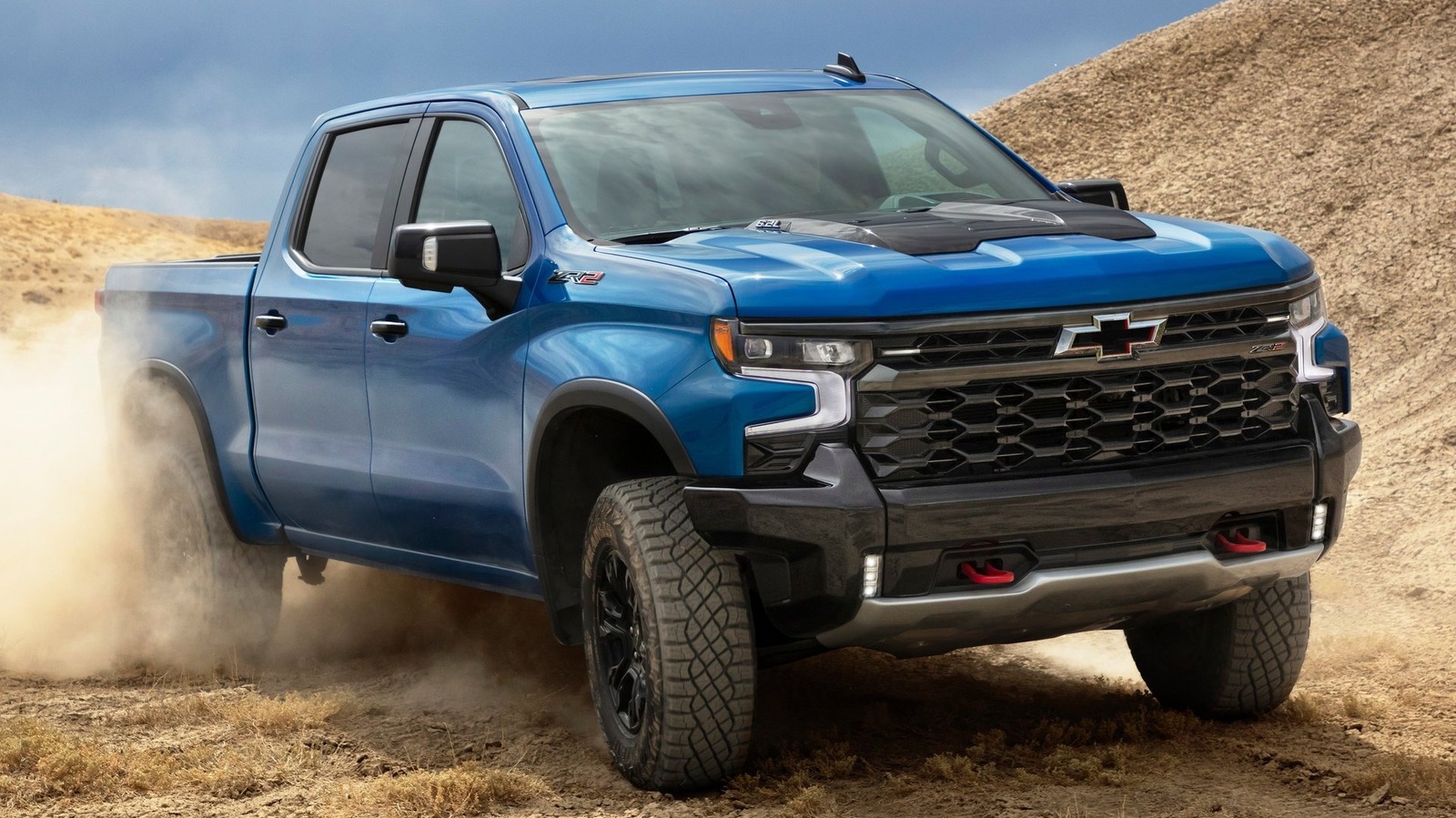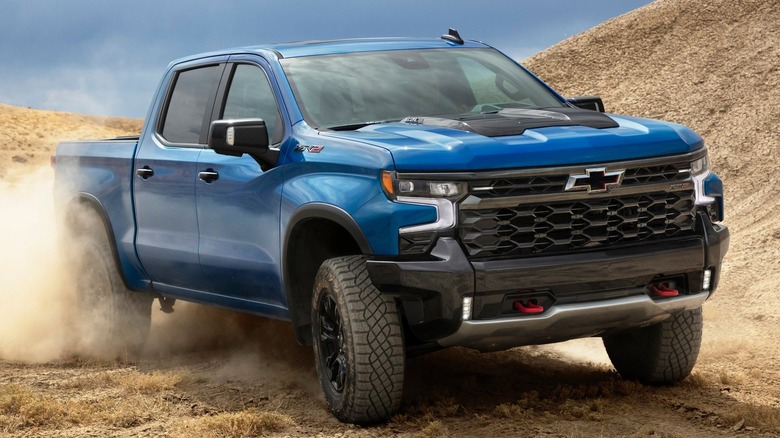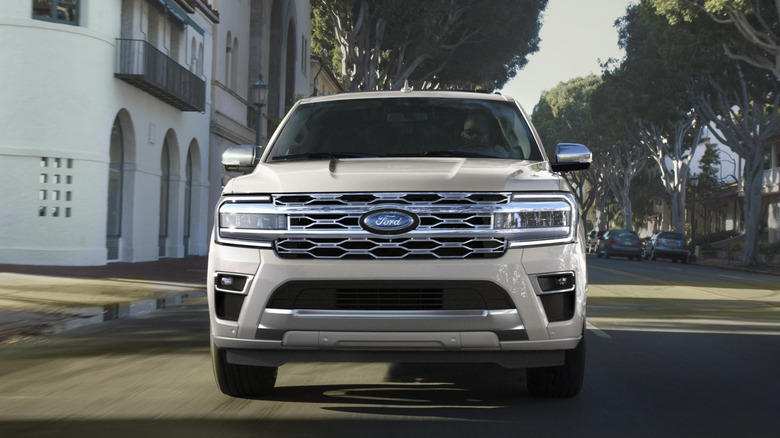For so long, it felt like there was no limit to the U.S.’s love of huge trucks and SUVs. No matter how big or expensive they got, we just kept buying more and more of them. Their high curb weights and tall, upright hoods made them especially dangerous to others, but buyers didn’t care. As it turns out, even though the party that doesn’t care about safety or clean air won the last election, the limit may actually exist, after all. As Motor1 reports, the latest analysis from automotive consulting firm Dave Cantin Group suggests we may have actually reached “Peak Truck.”
That doesn’t necessarily mean you can expect to see full-size truck sales crater this year, but affordability concerns are finally beginning to override that Big Truck Lust. “What we’re seeing is consumer sentiment beginning to change,” Brian Gordon, Dave Cantin Group’s chief business and strategy officer, told Autoline in a recent interview. “So, this isn’t Americans walking away from all their trucks and SUVs and falling back in love with the sedan. This is a trend that is really spurred by affordability and the challenges Americans are having with car payments.”
The sedan is back, baby
The Dave Cantin Group’s analysis comes from surveys of both car shoppers and dealers that showed declining interest in both full-size pickup trucks and SUVs. Instead, they’re focusing more on smaller, more affordable vehicles, and that includes renewed interest in the same sedans Americans fell out of love with when SUVs and crossovers took over. Well, not necessarily the same sedans, since so many automakers stopped selling those cars in the U.S. to focus on crossovers. Chevrolet even gave the Malibu the axe late last year.
As Motor1 points out, a quick look at Q1’s full-size truck sales shows sales are actually up across the board in that segment, except for the Ram 1500. Full-size trucks also sold well in 2024. However, midsize truck sales are up even more significantly year-over-year, with the first-quarter Toyota Tacoma sales jumping 177%, Chevrolet Colorado sales up 73% and Ford Ranger sales up 677%. That massive increase in Ranger sales is likely an anomaly related to Q1 production issues last year, but still. The people are buying a lot more midsize trucks.
You can see a similar trend with sedans, where even Nissan is suddenly selling a lot more Altimas and Sentras. The Toyota Camry appears to be one of the few exceptions to that rule, but whether we’re talking about the Hyundai Sonata, Kia Forte/K4 or the Toyota Prius, sedan sales are generally up, too. Thank God.
Tariffs spell trouble
While Trump finally agreed not to double-dip on automotive tariffs, the remaining tariffs will still drive up the price of new cars, due, in part, to the complex, highly interconnected international supply chain the automotive industry depends on. It’s also hard for automakers to have any idea what Trump will do next, especially since that reportedly depends largely on who he talked to last. With the cost of all goods rising and millions of Americans justifiably worried about the likely recession, it makes sense that car buying trends would change, too.
Still, no one really knows what’s going to happen with the industry. Including anyone at the Dave Cantin Group. But based on the evidence they have available, don’t be surprised when full-size pickup trucks and SUVs become much less popular in the previously truck-loving U.S. of A.
“Peak Truck is a really, really important concept to watch because we’re not sure how far that trend goes,” Gordon told Autoline. “But what we believe is, the longer the conditions on the ground stay the same or get worse from an economic perspective or an uncertainty perspective, consumers are going to continue to be more pragmatic in the choices they make in terms of the vehicles that they’re out there looking to purchase.”




